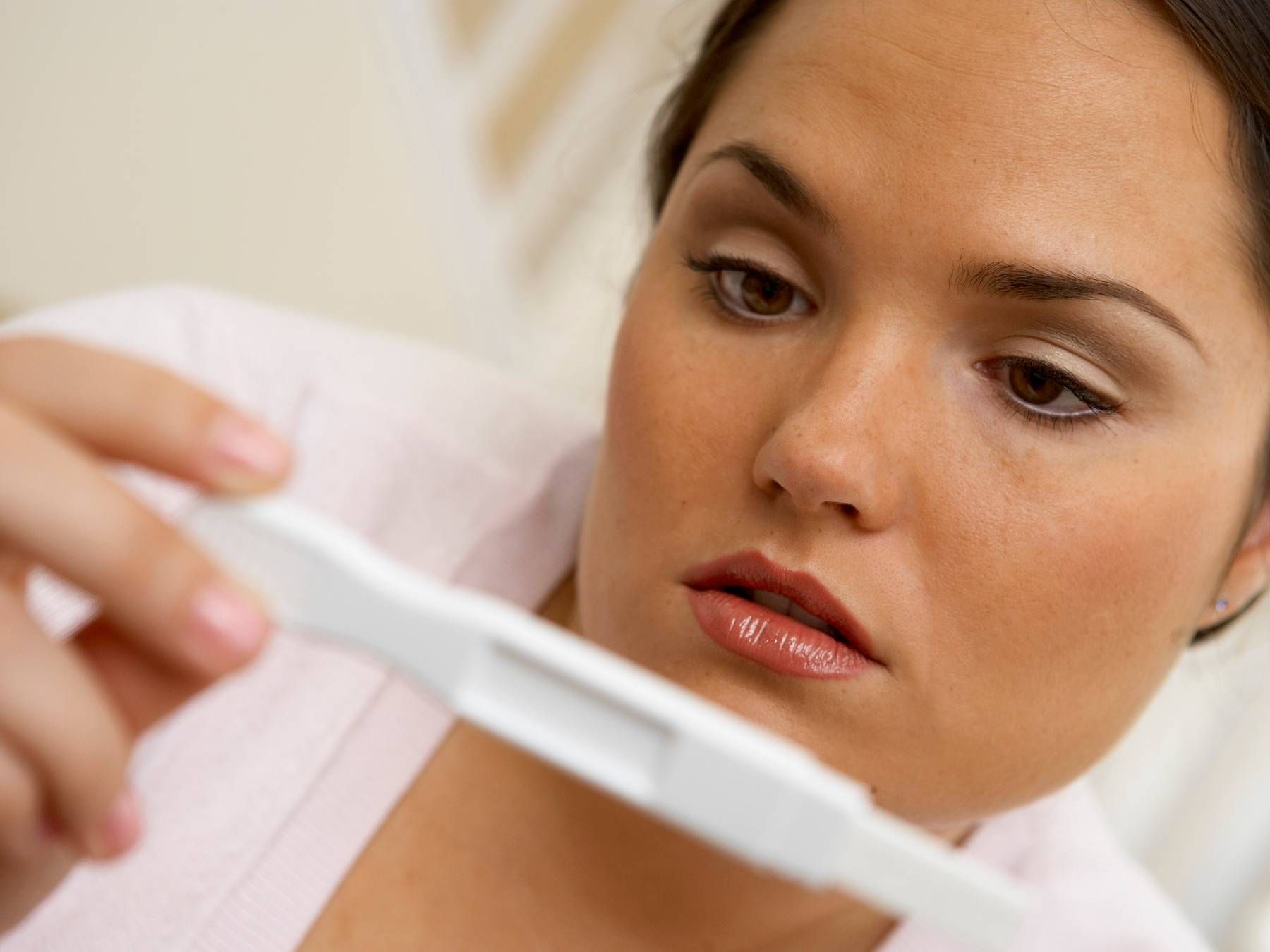how are you feeling gearing up to have this done?
hopeful but also, you know, i’ve been so hopeful each round that i’m kind of also trying not to get my hopes up. i’m trying to be realistic knowing that the first one might not work, we might need to wait till we do the second one. so i’m just sort of preparing myself in that sense.
how are you coping with the roller coaster of being hopeful in one stage and then it not working out?
it was really hard for me at the beginning. my husband and i didn’t really tell anyone, family or friends, when we first went to the fertility clinic and kind of did all of those tests in the beginning. i don’t really know why we didn’t at that time, i don’t know if it was just because i was dealing with the disappointment of the cycles and not really knowing what was to come.
it was probably february or march of last year that we started telling more of our friends and family what we were going through and the point that we were at, and a lot of people that we talked to said that they struggled or it took them a little bit longer, or that they knew someone that was also going through the same thing.
when i started talking to people about it more, i started feeling a lot more comfortable about what we were going through. the stigma of it, we don’t really talk about it very much. so when i did start talking to people about it, i was like ‘oh my gosh, there’s so many more people that are experiencing this.’ we’re all kind of in the same boat where we have so many questions and there aren’t always answers.
 14 minute read
14 minute read








